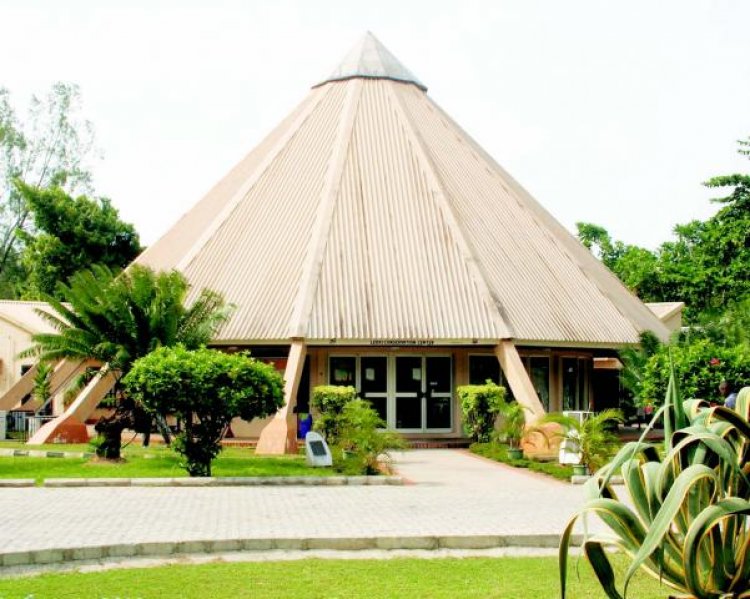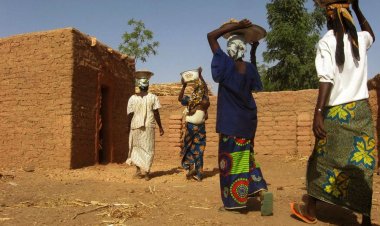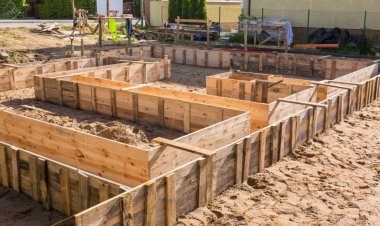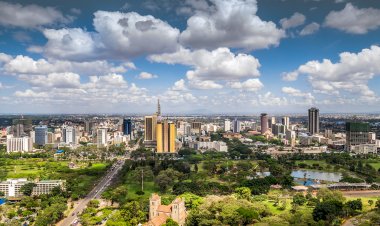Impact of Gardens and Parks on Human and State Development in Nigeria
Humans thrive well in greenness because it mainly aids the functioning process of the respiratory system. Green plants give out oxygen which the body takes in and removes carbon dioxide. This is clearly a symbiotic relationship between both which makes it necessary for individuals to always be surrounded by green in their space.

Humans thrive well in greenness because it mainly aids the functioning process of the respiratory system. Green plants give out oxygen which the body takes in and removes carbon dioxide. This is clearly a symbiotic relationship between both which makes it necessary for individuals to always be surrounded by green in their space.
In a bid to keep plants so alive in the environment, gardens and parks were established. Gardens and parks are planned spaces used for cultivation, display and enjoyment of plants and also for recreation.
These areas are very useful to the environment because it conserves energy and absorbs noise, provides habitat for plant and animal life. It also gives cardiovascular benefits, increases calcium levels due to exposure to sunlight and provides healthier, greener food.
As parks and gardens impart to human living, they also contribute to socio-economic development in Nigeria.
Parks and gardens have immensely assisted the country's gross domestic product(GDP).
As of 2019, travels and tourism contribution to economic to Nigeria's GDP was 5.1%. Parks and gardens are apparent areas of tourist attraction that connotes their indubitable contribution to economic development in Nigeria. It pumps in tourism revenue and acts as an entertaining environment for festivals, concerts, etc.
Spendings at parks and gardens are also responsible for a sizeable part of economic activity.
Services of workers like gardeners, arborists, facilities managers, horticulturists, concession staff, lifeguards, janitors, etc are needed for proper upkeep and running of parks and gardens. The result of this is an increment in the level of employment and the creation of job opportunities.
Environments with verdures are known for conserving energy and absorbing pollutants. Undetected, it reduces medical costs owing to its conducive environment which encourages exercising, enables individuals to stay fit and brings people and families together for fun and recreation.
Recreational benefits of verdures increase life's expectancy through the significant decrease of pollutants in the environment; promotion of physical activities and encourages community gathering; improvement in the quality of air people breathe in and provides vegetative reserve.
Community, family crisis and crime rates are at their minimal levels because parks and gardens create avenues for gatherings; inter-personal communication between people; children and their families connect with nature and play together; and active citizenship.
Parks and gardens hold greenness which often co-exists with birds and animals. Direct exposure to flora and fauna boost children and young adults knowledge about their natural habitat thereby encouraging them to be either scientist, botanist, etc; creates the eagerness in individuals to learn about nature.
Parks and gardens that can be visited in Nigeria and their locations are;
1) Gashaka-Gumti National Park, located in the eastern province of Taraba and Adamawa to the border of Cameroon.
2) Yankari Game Reserve National Park, located in the south-central part of Bauchi State, in northeastern Nigeria.
3) Lekki Conservation Centre in Lekki, Lagos State, Nigeria.
4) Lekki Urban Forestry and Animal Shelter Initiative(LUFASI) Nature Park in Lekki, Lagos State, Nigeria.
5) Agodi Gardens in Ibadan, Oyo state, Nigeria.
6) Millennium Park in Maitama District, Abuja, Nigeria.
7) Johnson Jakande Tinubu Park in Ikeja, Lagos State, Nigeria.
-Edited by Skeeter Imisa

 Esther Oguntuase
Esther Oguntuase 





























